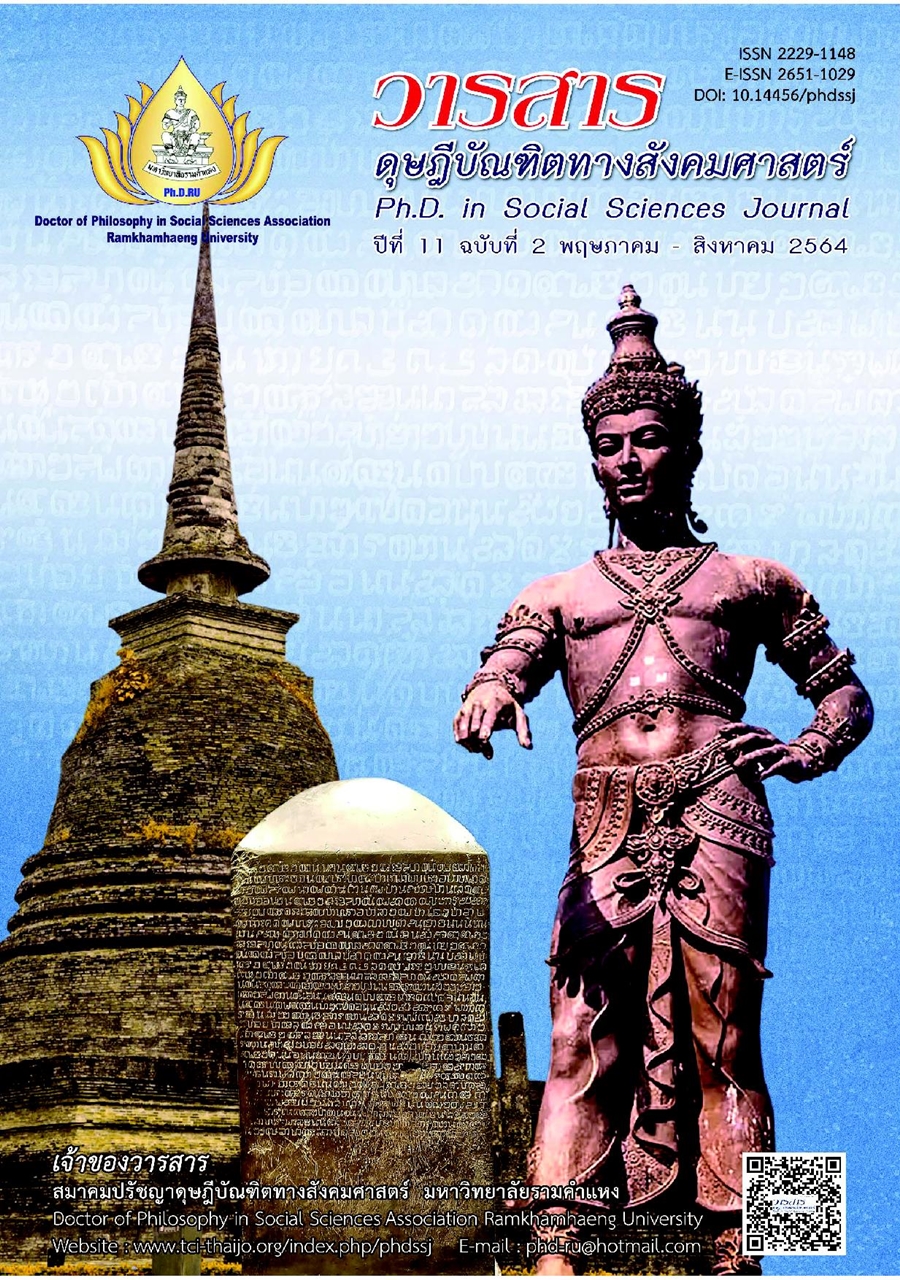Decriminalization Measures for Drug Addicts
Main Article Content
Abstract
This research article aims to study to (1) problems of Thai drug laws including its enforcements to drug takers, (2) compare Thai drug laws with some foreign countries, (3) set legal measures to reduce the criminal offenses of drug takers in Thailand, and (4) evaluate the legal measures to reduce the criminal offenses of drug takers. The researchers used the qualitative research methodology by using 3 methods of data collection, namely documentary research, in-depth interviews of 21 people and focus group discussion of 10 people and analyzed the data by using content analysis techniques and comparison interpretation.
Findings showed that the focus on the criminal punishment of those involved with drugs without separating drug addicts from drug dealers was not in consonance with the principles of the criminal justice process and was not an approach to successfully solve drug problems. It was also against the medical principle that considered drug addicts as sick persons. Findings from the research recommend that decriminalization measures should be enforced with drug addicts. This is an approach to solve drug problems that has been successful in many countries. It is also the approach adopted by the United Nations to solve drug problems. In addition, the findings recommend legal measures for taking care of drug addicts by replacing criminal punishment with community service. Specifically, it is a measure intended for drug addicts whose quantity of drugs does not exceed the set legal limit. They must do social work. A committee to prevent and solve drug problems in the community should be established to play the role of preventing and solving the drug problems of the community as designated by law.
Article Details
Academic articles, research articles, and book reviews in the Ph.D. in Social Sciences Journal are author’s opinions, and not the publisher’s, and is not the responsibility of the Ph.D. in Social Sciences Journal Philosophy Association, Ramkhamhaeng University. (In the case that research is done on human, the researcher has to be trained in Ethics for Doing Research on Human Training and has to produce the evidence of the training).
References
American Psychiatric Association. (2013). Diagnostic and Statistical Manual of Mental Disorders-DSM 5. Author.
Chokprajakchat, S., Kuanliang, A., Iyavarakul, T., & Kusonsilwut, S. (2017). Analysis of the decriminalization in the development of Thai policy on drug. Parichart Journal, 30(2), 295-320 [In Thai]
Extraordinary Committee for the Study of Narcotic Drugs. (2012). Report on the study of drug problems. Committees of the National Legislative Assembly. [In Thai]
Jantravaro, K., Worapat, T., Lipiphan, J., & Chettaphuk, S. (2015). Legal measures for developing alternatives for drug offenders to support the implementation of the requirements of Bangkok. Ministry of Justice. [In Thai]
Likasitwatanakul, S., & Srisanit, P. (2015). Study for development punishment guidelines: Principle of proportional punishment: Case Study of drug offenses. Ministry of Justice. [In Thai]
Office of the Narcotics Control Board. (2017). Report on the results of the prevention and resolution of drug problems 2017. Ministry of Justice. [In Thai]
Prutipinyo, C. (2016). Review and synthesis of comparative drug law: Laws and drug control guideline. Thai Health Promotion Foundation. [In Thai]


